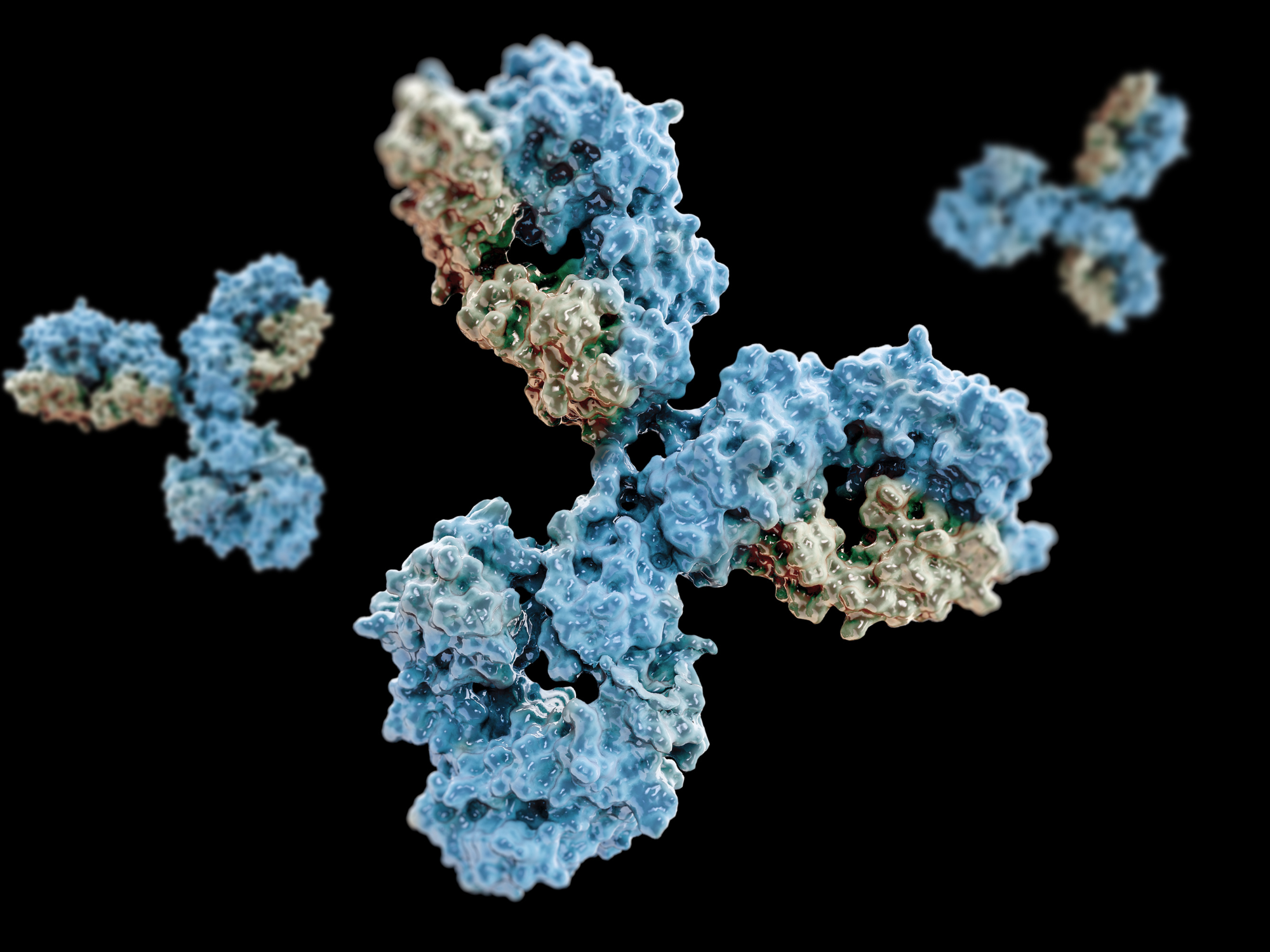Top 3 Biologics News Headlines

1.) FDA Gives Greenlight to Pfizer/Moderna COVID-19 Vaccines for Children 6 Months and Over
Children between the ages of 6 months and 4 years old will now be eligible for COVID-19 vaccination. Just 18 months after the authorisation of the COVID-19 Pfizer and Moderna vaccination for adults, the FDA has likewise approved administration for children as young as 6 months.
On Friday, the approval came two days after an independent FDA committee voted unanimously to recommend the vaccines. Whilst authorising body did still report some reservations about the vaccine’s efficacy, it is welcome news to parents who up until now, have had no treatment option against COVID-19.
To date, 200 disease-related deaths have been recorded amongst children in the US. The CDC is yet to provide a final verdict on the two vaccines.
- The Future of COVID Vaccinology
- Neuro-Organoids for Amyloid and Tau Proteins
- Clinical Delays for New Drugs to Treat Severe COVID
2.) Is it Time to Move on from Amyloid-Based Approaches to Alzheimer’s Disease?
Following the most recent clinical setback of Genentech's early Alzheimer’s disease project, sponsors reflect on the dampening hopes for amyloid-based treatment. Sponsors of the trial, which included the Banner Institute’s Alzheimer’s Prevention Initiative, the Neurosciences Group (GNA) at the University of Antioquia in Colombia, and the National Institute on Aging (NIA) of the National Institutes of Health took part in a rare press conference to comment.
“As far as the amyloid hypothesis, I think what we have learned progressively has led us to think that our best opportunity to intervene successfully has been to move to earlier stages before damage—potentially irreversible damage—has been done,” said Richard Hodes, M.D., director of the NIA. “This prevention trial is an example. There are those under design and execution which will continue to move to even earlier stages.”
The project’s anti-amyloid therapy, crenezumab, failed the phase 2 API ADAD trial in a patient population suffering from a genetically occurring form of early-onset Alzheimer’s disease. Key setbacks included a failure to assess cognitive abilities and episodic memory function.
3.) Phase 3 Win for AstraZeneca’s Ionis-Partnered Rare Disease Drug
AstraZeneca has filed for FDA approval after the successful phase 3 trial of eplontersen in hereditary transthyretin-mediated amyloid polyneuropathy (ATTRv-PN). Ionis granted AstraZeneca rights to the ligand-conjugated antisense candidate in late 2021.
The approximated cost of the transaction was 200 million USD, with a projected profit margin of up to 3.4 billion USD. Terms of the agreement state that AstraZeneca will have the right to jointly commercialise the drug in the US whilst retaining exclusive rights in the rest of the world.
ATTRv-PN is a progressive systemic disease which can be near-fatal, causing peripheral nerve damage that results in motor disability. In Ionis’s patient trial testing the effects of eplontersen in ATTRv-PN, 168 participants received administration by subcutaneous injection every four weeks. Results were compared to an external placebo group from Ionis’s Tegsedi registrational clinical trial.
The 35-week interim analysis showed significant reduction of the protein responsible for driving ATTR. Notable changes in the concentration of serum transthyretin were also reported.
Join us for Vaccines Europe: In-Person happening 29 – 30 November 2022 in Berlin, Germany to take part in an intensive 2-day in person meeting that delves into the latest in vaccine research, platform technologies, analytics and vaccine development. For more information visit Oxford Global.









